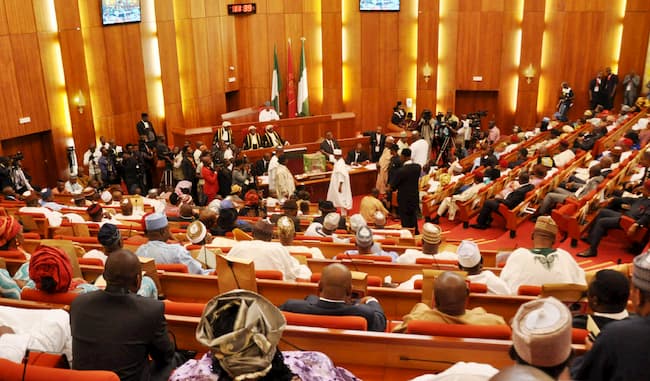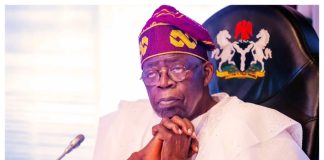The House of Representatives has sought the arrest of the chief accountants of the Central Bank of Nigeria (CBN), Nigerian National Petroleum Company (NNPC) Limited, and other ministries, departments, and agencies for failing to submit their audited accounts.
BizWatch Nigeria understands that the arrest call follows the probing of CBN, NNPC Limited, Niger Delta Development Commission (NDDC), and Revenue Mobilisation Allocation and Fiscal Commission (RMAFC) by the lawmakers, who discovered that eight years of accounts between 2014–2018 and 2019–2021 were not rendered.
In its recommendation, the Committee on Public Accounts called for the arrest and prosecution of chief accounting officers in the MDAs by the Economic and Financial Crimes Commission (EFCC).
“All chief accounting officers of the 54 government agencies listed on Pages 4 – 6 that refused to appear to defend their positions during the public fearing without any written reason, prominent among them are CBN, NNPC, NDDC, RMAFC, etc., should be issued warrant of arrest to compel their appearance to respond to the matter within a week, in line with section 89 (d) of the Constitution of the Federal Republic of Nigeria, 1999 (as amended),” the committee recommended in a report titled; ‘Report of the Committee on Public Accounts on the Deliberate and Reckless Refusal by Ministries, Departments and Agencies of Government to Render Audited Accounts for the periods 2014–2018 and 2019–2021 to the Auditor–General for the Federation and Approve the Recommendations Therein.’
NNPC, CBN, and others operate without auditing
The lawmakers revealed that between 2014 to 2018, some of the ministries, departments, and agencies operated without audit, stating the MDAs blamed it on the cumbersome procurement process of hiring their external auditors.
Also, the report, submitted to the plenary by the chairman of the Committee on Public Accounts, Oluwole Oke, disclosed that there was a delay in appointing governing councils/boards.
Similarly, there was a delay in approving or signing audited accounts by the governing councils/boards. It was learnt that MDAs’ directors of finance and accounts/bursars failed to ensure their accounts were duly audited.
Other contraventions include audited accounts done by former Chief Executive Officers that were also intentionally not signed by some incumbent chief accounting officers.
It was also revealed that unsigned accounts were submitted by some MDAs, while faint letters or documents without acknowledgment of receipt stamp were presented by some MDAs as proof of remitting audited accounts to the Office of the Auditor General.













